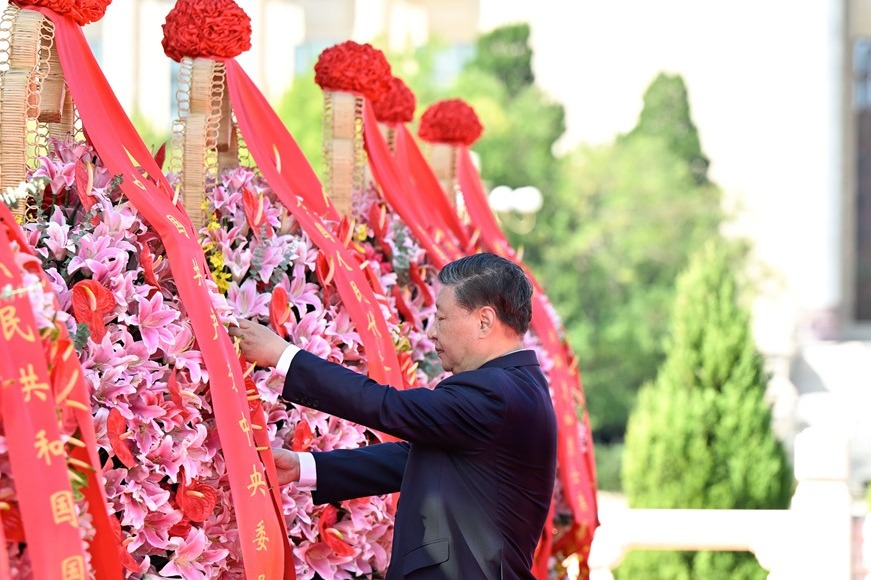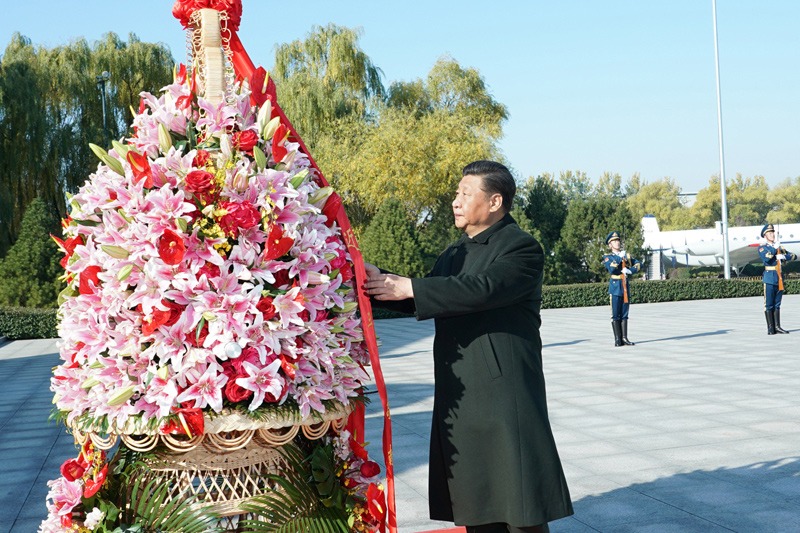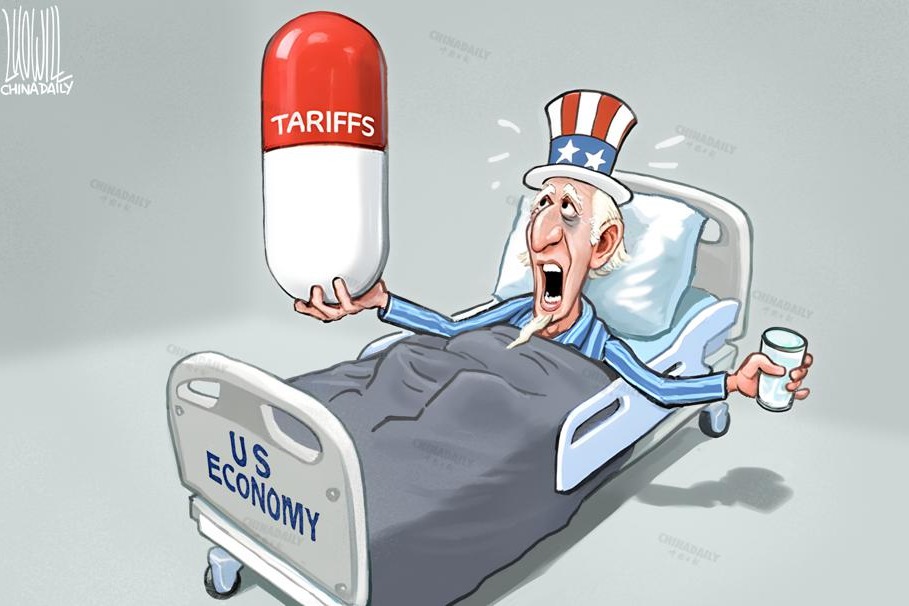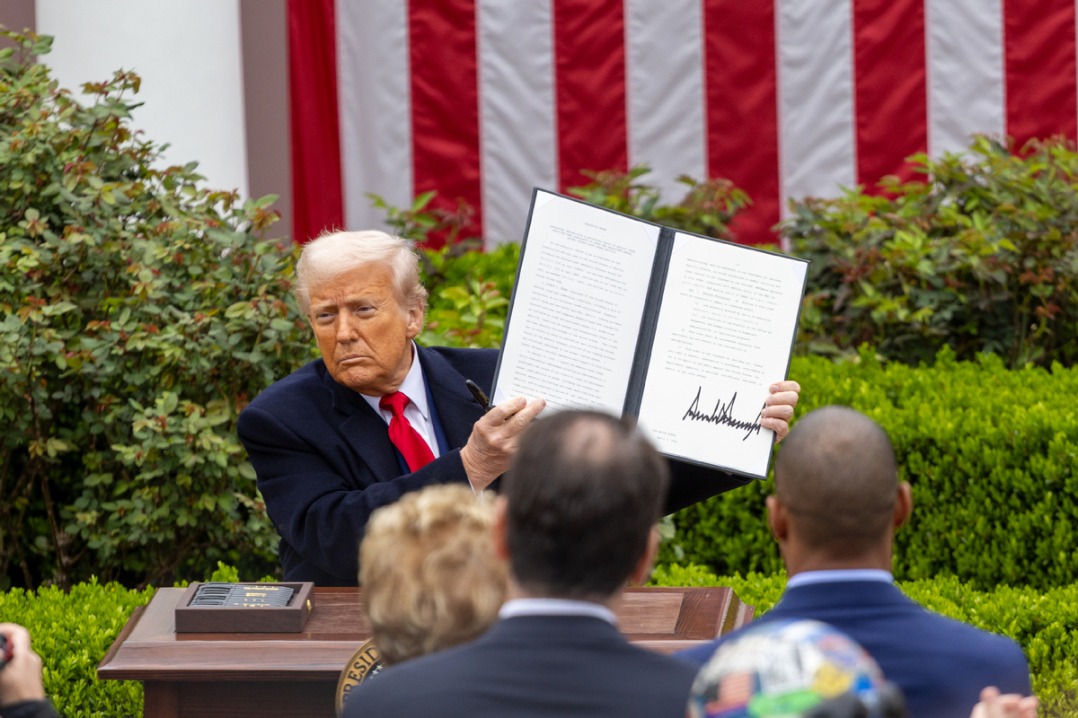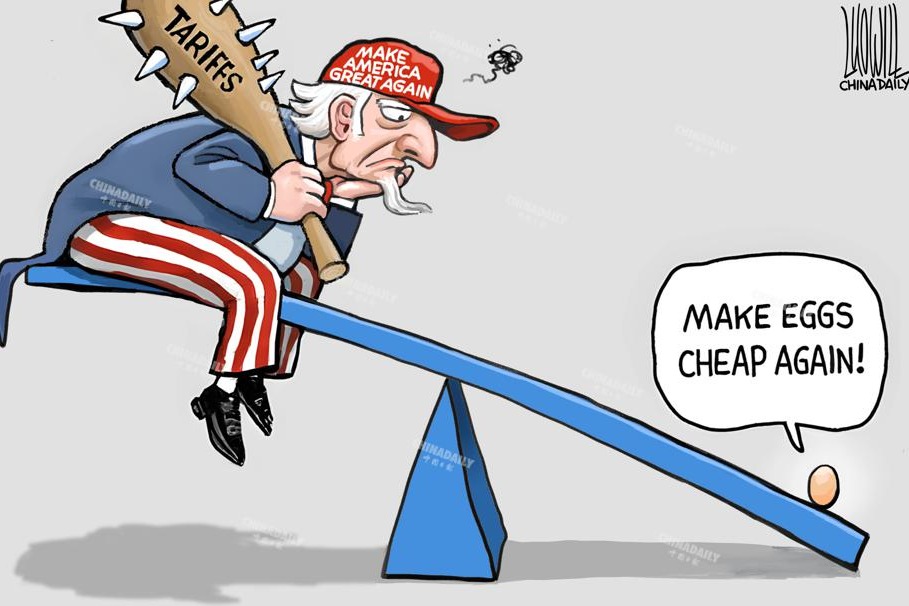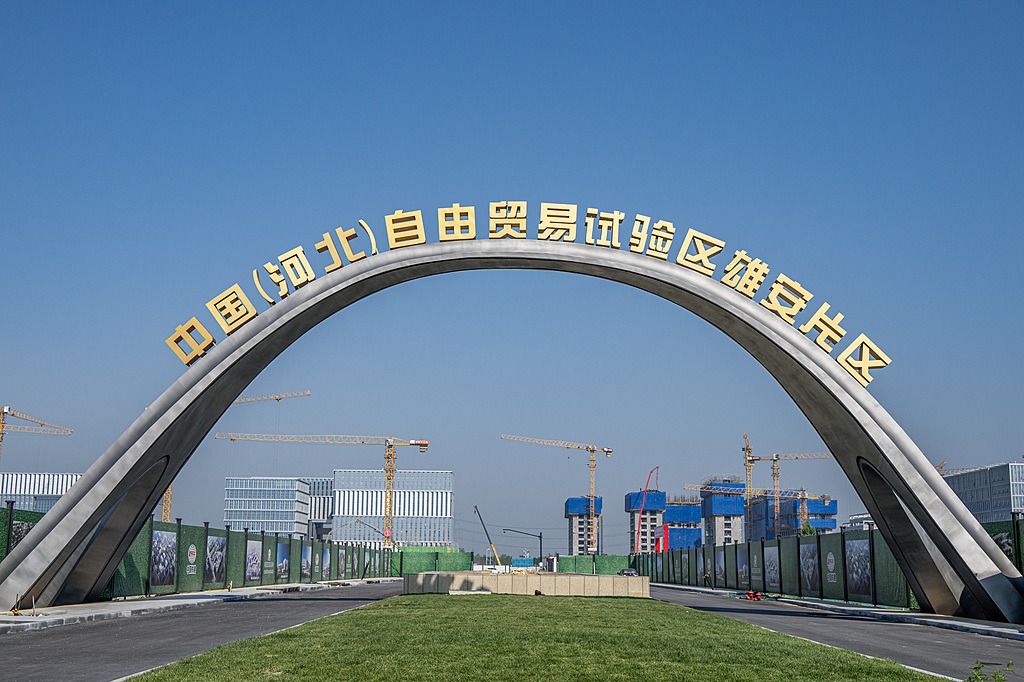Trade war flames will ultimately consume the aggressor

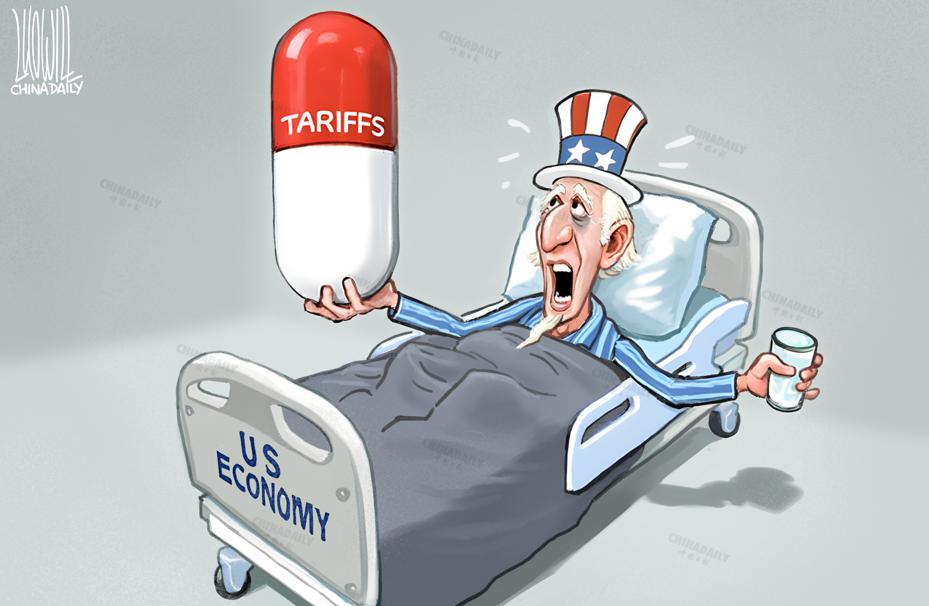
On the ever-evolving geopolitical chessboard, trade has emerged as one of the most potent weapons. The recent decision by the People's Republic of China to impose a 34 percent tariff on all US imports marks a turning point in a long-standing economic conflict. But this move is not an act of provocation — it is a necessary defense against an ongoing campaign of pressure, containment and provocation from Washington.
For years, the United States has wielded its economic might, not only to dominate global markets but to coerce independent nations into compliance with its political agenda. Tariffs, sanctions and trade bans have been used not as tools of fair competition, but as political levers.
By imposing this 34 percent tariff, Beijing is sending a message that it will no longer tolerate unfair treatment or economic bullying. The Chinese economy — resilient and diverse — has long prepared for such scenarios. Policies like "dual circulation" investments in technological self-sufficiency, and partnerships through the Belt and Road Initiative have reduced China's dependency on Western markets.
China is not isolated. It is interconnected, influential and prepared. In contrast, the United States now finds itself in a precarious position. With rising inflation, political instability and shrinking global trust, Washington's aggressive trade policy may backfire. American consumers, already burdened by high costs, will now face even steeper prices. US companies relying on the Chinese market — from tech giants to agriculture — will feel the sting.
Globally, countries are beginning to question the reliability of an economic partner that weaponizes trade. This is not a call for confrontation, but a warning: "The flames of this trade war will ultimately consume the aggressor." China is not the initiator of this conflict, but it will defend its sovereignty and economic future with determination and clarity. The path forward need not be paved with conflict. China remains committed to fair trade, international cooperation and win-win development.
However, it will not allow its interests to be sacrificed at the altar of US domestic politics or hegemonic ambitions. In this economic standoff, it is not simply about tariffs and trade — it is about values, vision and the future of global leadership. The era of unilateral dominance is waning. What replaces it must be built on mutual respect, not coercion. History will remember this moment not just for its numbers, but for its symbolism. A rising power has stood firm, and unless wiser heads prevail, "the fire ignited by arrogance will burn the very hands that lit it."
The author is a writer and journalist, a member of the International Union of Journalists.
The views don't necessarily reflect those of China Daily.
If you have a specific expertise, or would like to share your thought about our stories, then send us your writings at opinion@chinadaily.com.cn, and comment@chinadaily.com.cn.

















